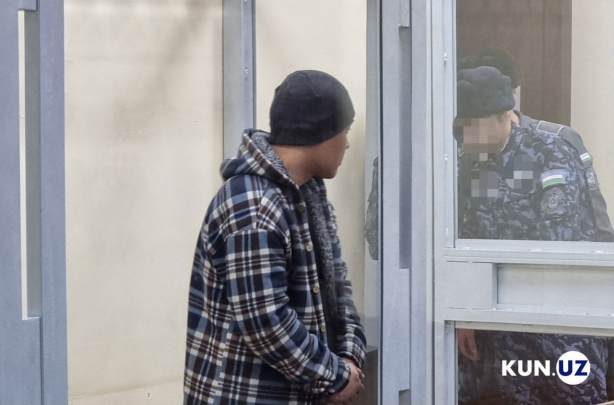Activists argue against the death penalty's effectiveness in reducing crime
Whenever a heinous crime occurs, there is a surge in discussions about the rising levels of violence in society and the need to reinstate the death penalty. In reality, the spread of the internet has simply made society more aware of violent incidents than before. The death penalty, undoubtedly, does not reduce crime and could lead to the execution of innocent people.
Last week, the murder of a 3-year-old child who was stabbed 12 times shocked many. Alisher Kodirov, the Vice Speaker of the lower house of parliament, commented on the incident, stating that those who commit such crimes should not live. Another deputy speaker, Odiljon Tojiev, criticized Kodirov’s stance on the death penalty, arguing that the state has no right to take a life it did not grant.
Kun.uz correspondent spoke with Abdurakhmon Tashanov, head of the human rights organization “Ezgulik,” and Sherzodkhon Kudratkhodja, rector of UzJOKU and professor. According to them, our society is becoming coarser, but this is not a new trend. It existed before, but it was nearly impossible to learn about such incidents through the media.
Tashanov noted that the same depressive mood prevailed in the 1990s. Kudratkhodja referred to this period as a “transitional period” and emphasized that it has been prolonged in Uzbekistan.
"For many years, there was no freedom of speech or 'bad news,' we lived with 'news from paradise.' Today, the news we are hearing shocks us. But such incidents occurred in the 1990s and 2000s as well," Kudratkhodja said.
Both interviewees expressed strong opposition to the use of the death penalty, which has become a topic of discussion. Human rights activist Tashanov believes that individuals like Kodirov, who are leaders of political parties, should not make such statements.
"Referring to Alisher Kodirov’s statements, they were completely unfounded. I think Mr. Kodirov is currently in pre-election depression. Because such statements should not come from the leader of a political party, especially the 'National Revival' Democratic Party. If an ordinary person or specialist says such things, we can understand, but such statements from a political leader who might come to power tomorrow are unacceptable," said Tashanov.
Today, the death penalty is enforced in 56 countries around the world, including the USA, China, India, Saudi Arabia, Russia, Iran, and Belarus. However, in most of these countries, either a moratorium has been placed on the death penalty, or it is rarely applied.
It is clear that the presence of the death penalty does not reduce crime. Abdurakhmon Tashanov describes it as burning the quilt out of spite for the flea.
"There is a saying among Uzbeks: burning the quilt out of spite for the flea. You can't catch the flea, so you end up burning the whole quilt. In other words, the death penalty does not reduce crime. For example, in India, kidnapping is punishable by death, yet the country remains at the top for kidnappings. Similarly, in China, pedophilia is punishable by death, but this crime is still rampant there," said the head of "Ezgulik."
The interviewees also emphasized that the reinstatement of the death penalty poses a danger to society and could result in the execution of innocent people.
Related News

19:58
Tashkent police inspector sentenced to 12 years for running drug laboratory in service apartment

12:03 / 11.02.2026
Uzbekistan’s anti-corruption progress stalls as country drops in 2025 global index

10:55 / 10.02.2026
Former customs inspector cleared of bribery charges in Fergana after 15 years

13:30 / 09.02.2026




